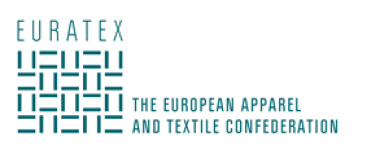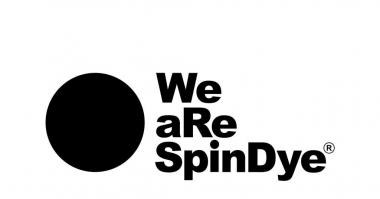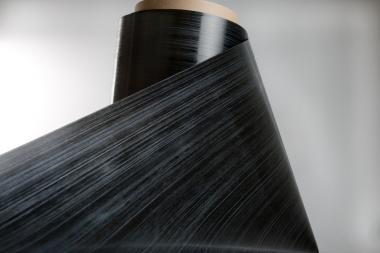European TCLF sectors: Social Partners demand safety for the industries and their workers
Following the European Commission’s update of the 2020 New Industrial Strategy: ‘’Building a stronger Single Market for Europe’s Recovery’’, the European Social Partners for the Textile, Clothing, Leather, and Footwear (TCLF) sectors came together to call for support via a dedicated strategy. The Strategy aims to help guide the TCLF industries through the current green and digital transition, while facing tough global competition, stressing the need to safeguard the industries and protect jobs in Europe.
On 25 May, employers’ and workers’ representatives for the European TCLF sectors met with the European Commission to discuss the current challenges facing the TCLF industries and potential EU action to help support the sectors and their workers. Following discussions on the terrible impact of COVID-19 on the sectors and the need for a strong EU action, the Joint Statement: ‘’The future industrial strategy of the EU Textiles Ecosystem (TCLF sectors)’’ was adopted.
The Joint Statement highlights the need for a dedicated strategy with support at national and EU level to help the TCLF sectors survive following the COVID-19 pandemic, while they continue to face tough, and, sometimes unfair, global competition. The Social Partners of the TCLF industries fully support the EU’s ambitions for a green and digital transition of the sectors, but insist on concrete European measures to help the industries transform while the continues to suffer from an unlevel global playing field.
Specific joint demands include: full engagement with Social Partners in both the recovery and the transition of the industries, support for the EU Pact for Skills for the relevant ecosystem, a revision of the GSP which doesn’t negatively impact the sectors and its workers, support to decarbonise the sectors, careful consideration of the Due Diligence Legislation and quality dialogue with Social Partners ahead of the EU Sustainable Products Initiative and the Consumer Agenda to ensure that all policy gaps are addressed. Special attention must also be given to the forthcoming EU Textiles Strategy which should fully represent the needs of the EU’s entire textiles ecosystem.
European Footwear Confederation Euratex industriAll COTANCE European Commission TCLF Covid-19
Euratex
















